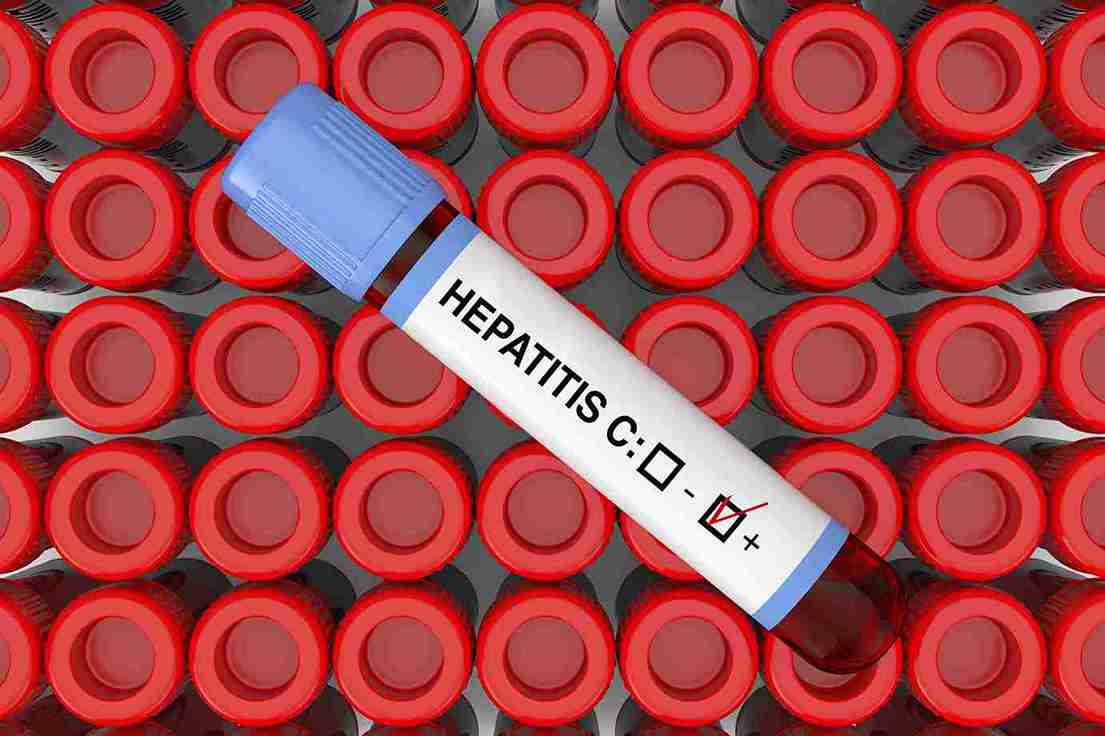
Pregnancy is a period of great joy and expectation, but it also entails a certain set of health issues, most notably, the threat of infection that can be transmitted from mother to child. One such issue is vertical transmission, or the process by which infections can spread from mother to baby during pregnancy, delivery, or through breastfeeding.
Having an understanding of this pathway becomes essential, because several of the diseases it carries can have serious complications for the infant. From HIV and syphilis to hepatitis and the Zika virus, various diseases are passed on through this route. This article covers vertical transmission disease, how it occurs, examples, diagnosis, and prevention methods, highlighting particularly the need for early detection and good care during pregnancy.

Vertical transmission means the transmission of infectious agents from mother to infant. There are three stages in which this can be accomplished:
This form of transmission is one of the leading causes of neonatal disease and, in extreme instances, can result in lifelong impairment or even neonatal death. Since the immune system of a newborn or fetus is still in its developmental stage, infections that are contracted in this period may prove especially harmful.
Vertical transmission may be accomplished through a number of mechanisms:
Every type involves varying difficulties and has unique diagnostic and preventive measures.
The major difference between vertical and horizontal transmission is the direction of the spread:
It is important to recognise this distinction for the purpose of targeted intervention.
There are numerous types of vertical transmission diseases, some of which are very dangerous:
Each of these illnesses has serious potential consequences for the baby, such as neurological problems, developmental delay, or organ damage. They are an easy vertical transmission example of how infections can affect both pregnancy and long-term health outcomes.
Several of factors raise the risk of vertical transmission of bacteria and viruses:

Early diagnosis is essential to controlling and minimising the risk of vertical transmission of disease. Diagnosis includes:
Detecting infections early allows for timely interventions. Antiviral treatments, antibiotics, or cesarean delivery (in some cases) can significantly reduce the chances of disease transmission. Monitoring the mother throughout pregnancy and taking proactive steps, such as administering vaccines or medications, can dramatically improve the outcome for both mother and child.
If not diagnosed or treated, vertical transmission disease may cause a range of complications:
Certain diseases, such as congenital CMV or rubella, may cause permanent disability, while others, for example, neonatal herpes, can cause death if left untreated.
Preventive interventions are the cornerstone in reducing the vertical transmission of bacteria and viruses. Some of these include:

At Cloudnine Hospitals, the dedication to neonatal and maternal well-being extends far beyond standard care. Our evidence-based and holistic method for the treatment of vertical transmission disease is comprehensive and state-of-the-art. We provide in-depth prenatal screening schemes, consultation from infectious disease experts, and individualised delivery planning to reduce the risk of transmission.
With state-of-the-art NICUs and postnatal care for infected mothers, Cloudnine provides a continuity of care that emphasises security and happiness. Our gynaecologists, paediatricians, and infectious disease specialists work in unison to identify, treat, and prevent complications arising due to vertical infections.
Vertical transmission is a key area of interest for maternal and child healthcare. Being aware of its pathways, examples, and prevention modalities is imperative for the promotion of healthy mother and child outcomes. With early diagnosis, specialised medical intervention, and preventive measures, we can bring down the vertical transmission of disease. There is a role for healthcare professionals, parents, and communities to contribute towards this endeavour.
If you're pregnant or going to get pregnant, don't take chances with your health. Get a consultation at Cloudnine today and stay covered throughout your journey, along with your little one.

Vertical transfer or vertical transmission refers to the transmission of an infection from mother to child in utero, at delivery, or through breastfeeding.

Tuberculosis (TB) is rarely transmitted vertically, but in cases where the mother has active TB, transmission through the placenta or inhalation during birth is possible.

Hepatitis A is not usually transmitted vertically. It is usually transmitted via contaminated food or water, and vertical transmission is very uncommon.

Yes, with early diagnosis, correct medical treatment, immunisation, and appropriate delivery planning, vertical transmission is often avoided or its impact considerably minimised.